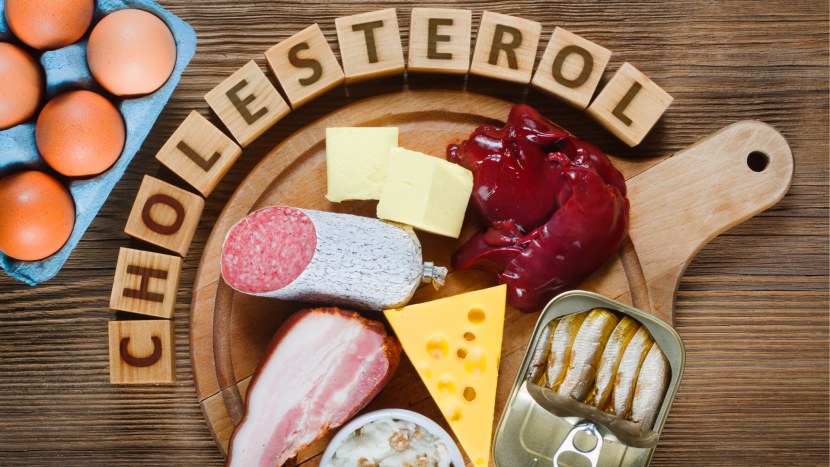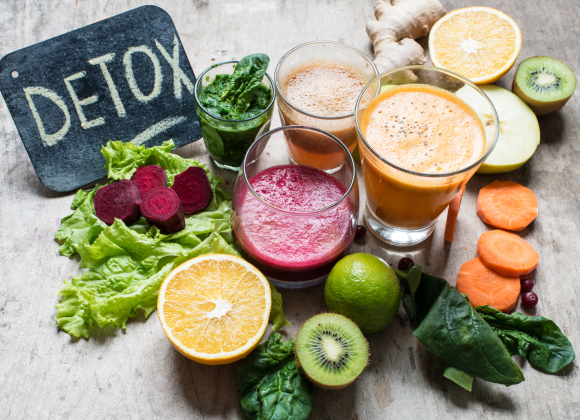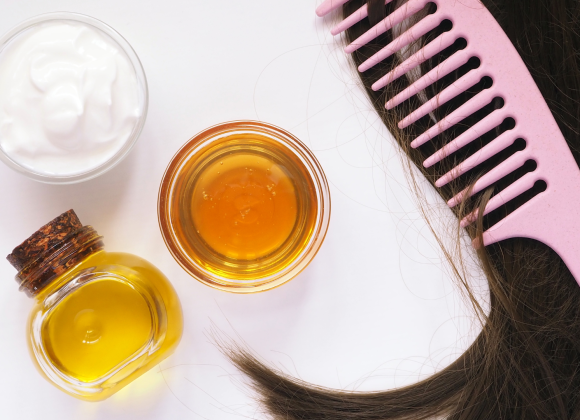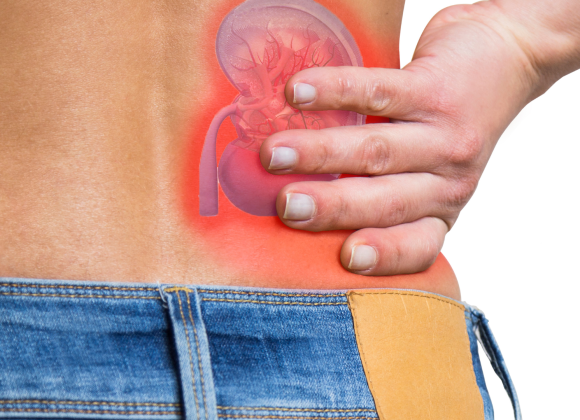Introduction
High cholesterol, especially elevated LDL (“bad” cholesterol), increases the risk of heart disease. Fortunately, several plant-based foods can help manage it naturally. To begin with, oats and barley are rich in beta-glucan, a soluble fiber that binds cholesterol in the gut and removes it from the body. In addition, nuts like almonds and walnuts provide healthy fats and plant sterols that block cholesterol absorption. Moreover, legumes such as beans, lentils, and chickpeas are packed with fiber and protein, helping lower LDL and support digestion. Similarly, avocados contain heart-healthy monounsaturated fats that reduce LDL and raise HDL (“good” cholesterol). Lastly, flaxseeds and chia seeds offer omega-3s and lignans, which combat inflammation and promote healthy cholesterol levels. By adding these foods to your daily diet, you can naturally boost heart health.
What is cholesterol?
Cholesterol is a waxy substance your body needs, but too much LDL (“bad” cholesterol) can harm your heart. When LDL builds up in arteries, it restricts blood flow, raising risks of heart disease and stroke. Poor diet and lifestyle are major contributors. While medication helps, combining it with smart food choices is key to managing cholesterol effectively.
What are Some High Cholesterol Symptoms?
High cholesterol is a silent threat that can only be detected through a blood test. Left unchecked, it may lead to serious complications like heart disease or stroke. While medication helps, dietary changes play a crucial role in managing cholesterol levels effectively.
Key Dietary Modifications to Lower LDL Naturally
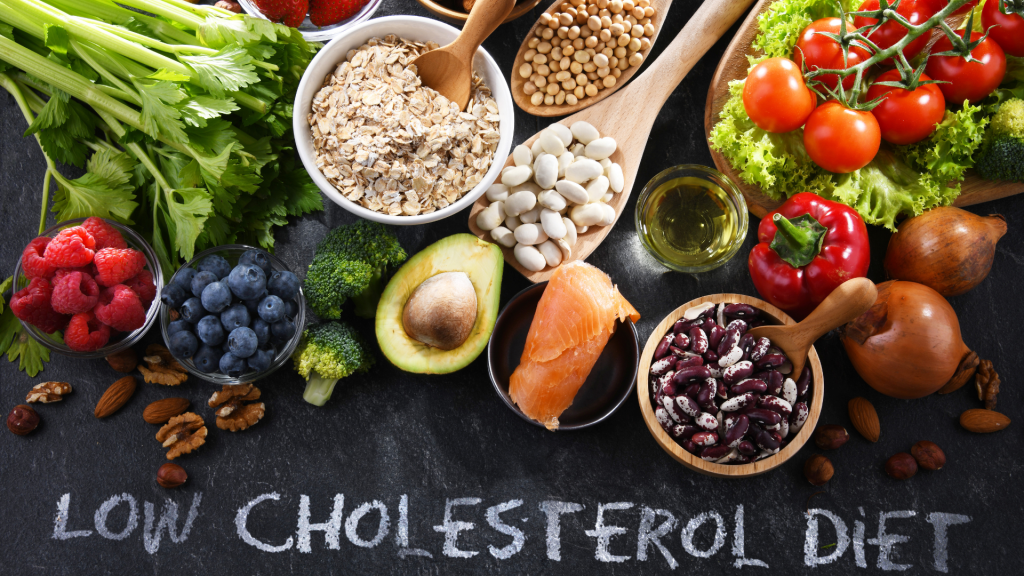
- Healthy Fats: Omega-3-rich foods like walnuts, flaxseeds, and chia seeds boost HDL (good cholesterol) while reducing LDL.
- Fiber-Rich Foods: Soluble fiber (oats, barley, legumes) blocks cholesterol absorption and supports heart health.
- Limit Sugar: Excess sugar contributes to fat storage and artery stiffness, worsening cholesterol buildup.
Sample Indian Diet Plan (Consult a Nutritionist for Personalization)
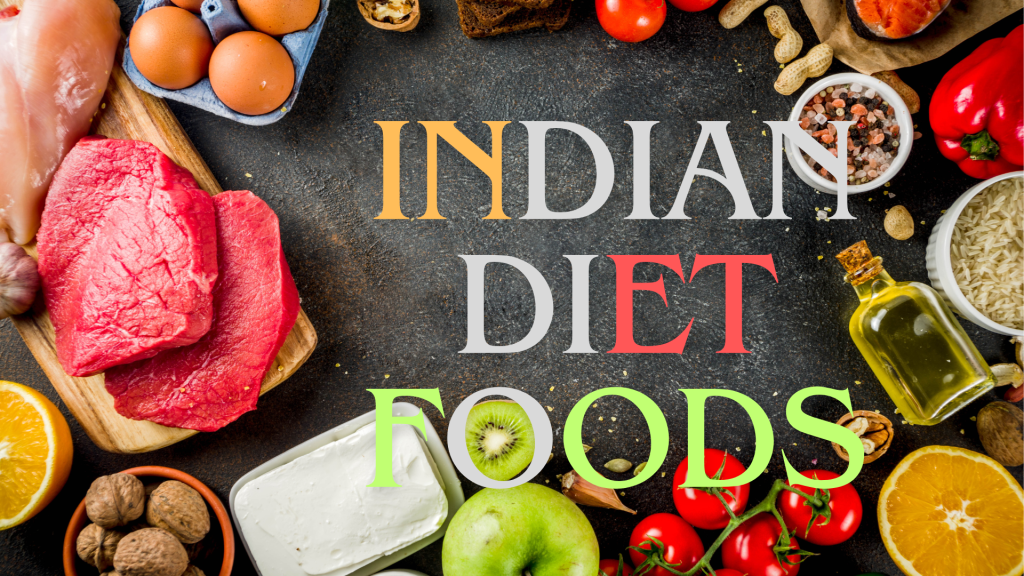
- Early Morning: Soaked methi seeds + walnuts with warm water
- Breakfast: Oats/millet dosa with sambar & sugar-free beverage
- Mid-Morning: Apple or guava
- Lunch: Brown rice/chapati + fish curry + veg salad
- Evening: Buttermilk + steamed sprouts
- Dinner: Vegetable soup + roti + curd
Functional Foods to Lower Cholesterol Naturally
To stay healthy and active, it’s important to make conscious dietary choices. Functional foods — those that offer health benefits beyond basic nutrition — play a key role in lowering bad cholesterol (LDL) and improving good cholesterol (HDL) levels. Some of these foods also support detoxification and help remove excess fats from the bloodstream, which can otherwise lead to plaque buildup in the arteries.
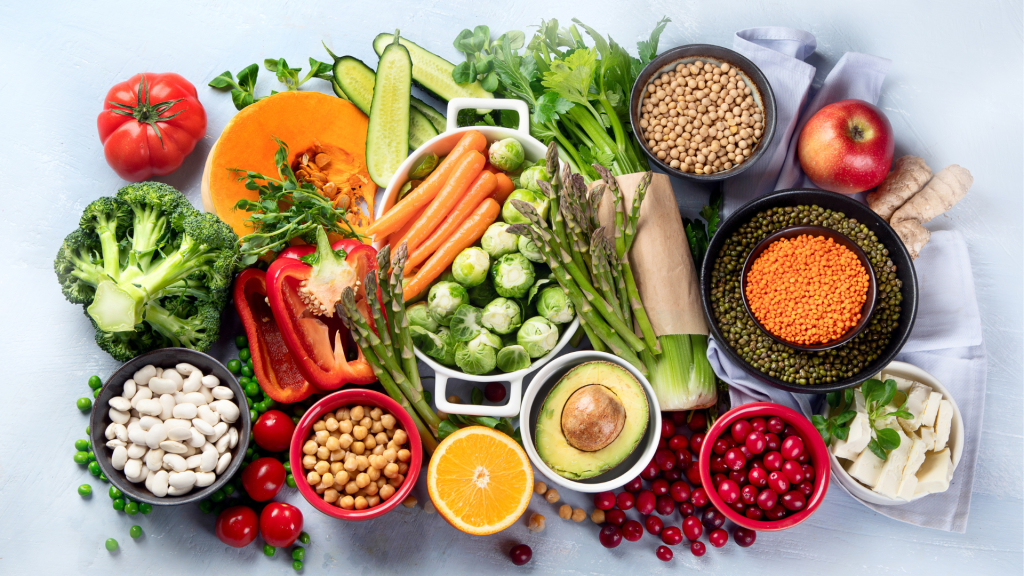
Here are some powerful functional foods recommended by our nutritionist that you should include in your low-cholesterol diet:
1. Fenugreek Seeds (Methi Seeds)
Fenugreek seeds are rich in soluble fiber, which helps prevent the accumulation of triglycerides and LDL cholesterol in the body. They also support improved digestion and blood sugar control, making them an excellent addition to a heart-healthy diet.
2. Nuts
Almonds, walnuts, and other nuts are loaded with heart-healthy omega-3 fatty acids and vitamin E. These nutrients help lower bad cholesterol levels and improve arterial function. A small handful of unsalted nuts daily can significantly benefit cardiovascular health.
3. Oats
Oats are a great source of beta-glucan, a type of soluble fiber that reduces cholesterol absorption in the bloodstream. Regular consumption of oats helps flush out excess cholesterol through the digestive tract, making them a perfect breakfast choice.
4. Garlic
Garlic contains allicin, a powerful bioactive compound known to reduce blood triglyceride levels and prevent plaque formation in the arteries. Consuming one raw clove of garlic daily on an empty stomach can support lower LDL levels.
5. Green Tea
Green tea is rich in antioxidants, particularly catechins, which help prevent the oxidation of LDL cholesterol and reduce its levels in the blood. Drinking 2–3 cups of green tea daily can aid in cholesterol management and boost metabolism.
6. Fruits Rich in Pectin
Fruits such as apples, grapes, citrus fruits, strawberries, and blueberries are high in pectin — a soluble fiber that helps lower LDL cholesterol. These fruits make a delicious and healthy snack or a great topping for your morning cereal.
7. Vegetable Oils
Replacing saturated fats like butter and lard with heart-healthy vegetable oils such as canola, sunflower, safflower, or olive oil can significantly reduce LDL cholesterol levels. Use these oils for cooking or as salad dressings.
8. Soy and Soy-Based Foods
Soybeans and soy products like tofu and soy milk have been shown to lower cholesterol when consumed regularly. They are rich in protein and contain isoflavones, which may help reduce LDL levels and improve heart health.
FAQs
Q1. What Reduces Cholesterol Quickly?
Ans: According to the AHA Trusted Source, the fastest way to lower cholesterol through diet is first to reduce saturated fats and processed foods while simultaneously increasing fiber intake.
Q2. How Can You Lower Cholesterol Naturally?
Ans: The most effective approach is not only eating more fiber-rich fruits, vegetables, and whole grains but also incorporating healthy fats. Additionally, lifestyle changes play a key role.
Q3. What Lifestyle Adjustments Help?
Ans: To start, limiting saturated fats is crucial. Next, increasing physical activity supports heart health. Furthermore, reducing alcohol intake and quitting smoking (if applicable) can make a significant difference.
Q4. Are Bananas Good for Cholesterol?
Ans: Yes, because bananas contain soluble fiber and potassium. As a result, they help improve digestion, lower cholesterol, and reduce blood pressure—especially when part of a balanced diet.
Q5. Does Drinking Water Lower Cholesterol?
While staying hydrated is vital for health, cholesterol is not water-soluble. Therefore, drinking excess water won’t directly reduce cholesterol levels. Instead, focus on dietary and lifestyle changes for the best results.

